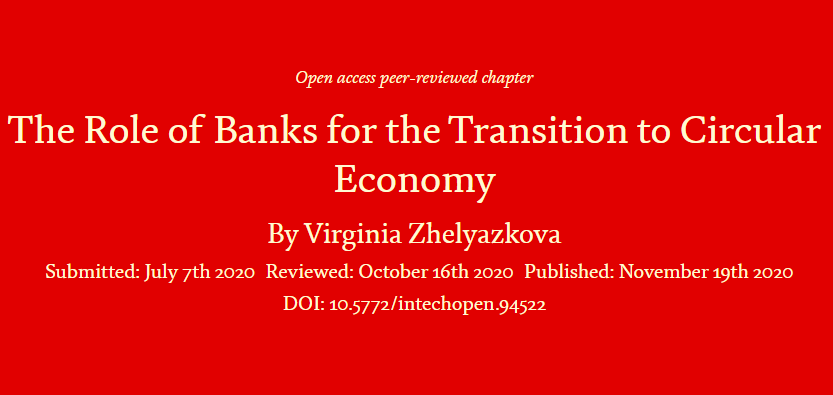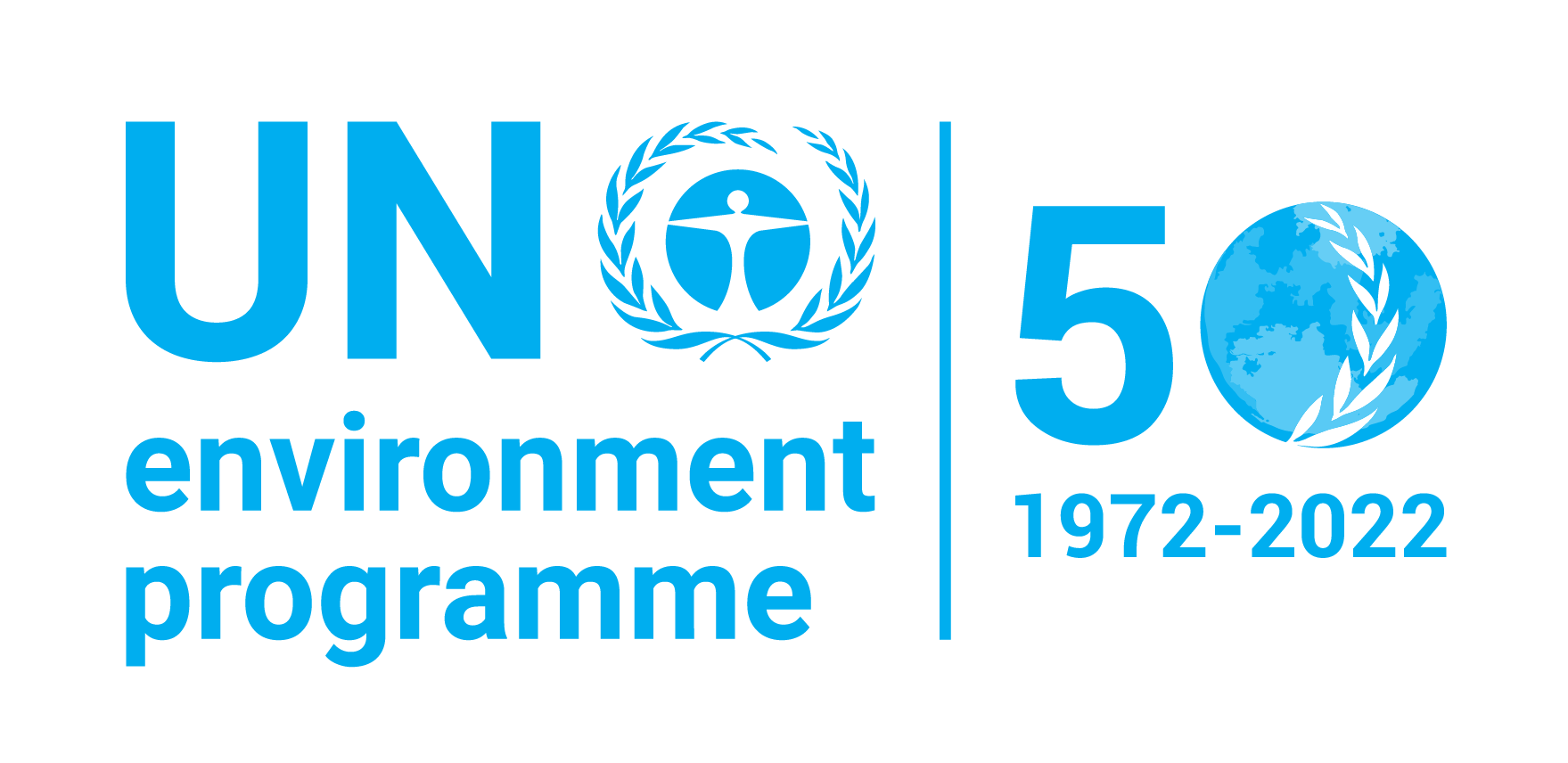Financial Mechanism to enhance uptake of Circular Economy
Financial mechanism is one of the major keys to shift business and economy from linear to circular model. Although the circular business is receiving more and more interest, it is still difficult for interested entrepreneur to access sustainable financial support. The circular business financing is generally having a long payback period, therefore requires more working capital and collateral. Its close loop increases dependence between suppliers as the resources are reused again and again in the loop. In case of rental products, the entrepreneur would become more dependent on customers since the rent service is profited from rent and maintenance fee. These new complex risks of the business operations resulted in accounting and legal challenges and costs. However, they can be considered as a good opportunity for financial institutions to launch new product targeting on an emerging demand for circular economy business. It is important for the financial institutions to understand the concept of Circular Economy and re-evaluate its risk assessments and evaluation criteria to meet customer's changing needs in order to stay competitive in financial market. The examples of financial mechanism in circular economy can be found as below.
How to Financially Support a Circular Business | Circular Economy Innovation Project
The video tells a story of how circular business can acquire financial support from 2 major sources. Key benefits, disadvantages and limitations of each sources are highlighted. Also, the video indicates obstructions and barriers the circular business owner has to overcome in order to acquire financing.
The Role of Banks for the Transition to Circular Economy

The transition from a linear to a circular model of the financial system requires a number of changes in the way banks operate. The banks now need to take environmental aspects into consideration when working with circular economy. This article from Virginia Zhelyazkova suggests major transformation for the banks along with providing future development direction of individual segments within their framework.
Asian bank spells out smart city finance criteria

The United Overseas Bank (UOB) has launched a new framework which aims to make sustainable financing more accessible to companies which contribute to the creation of smart cities in Asia. The Smart City Sustainable Finance Framework (UOBSCSFF) is the first tool of its type among bank in Asia that sets out criteria that clients, including SMEs and large corporates, must meet to access sustainability-linked loans and trade finance facilities. Company must have a clear sustainability strategy, objectives, performance targets and agenda. Also, its business must be able to demonstrate how their activities promote a better quality of life for residents.
ABN AMRO, ING and Rabobank launch finance guidelines for circular economy

On behalf of the FinanCE Working Group, circular-economy guidelines were launched in July 2018 by ABN AMRO, ING and Rabobank. They are inspired by the ambition to create a common framework for financing the circular economy worldwide as the need for a common language of circular economy is rapidly increasing. The guidelines help financial community to assess whether or not initiatives are circular business along with recommending the community to communicate, monitor and use external review to ensure that the business is retain and contribute to circular economy.

